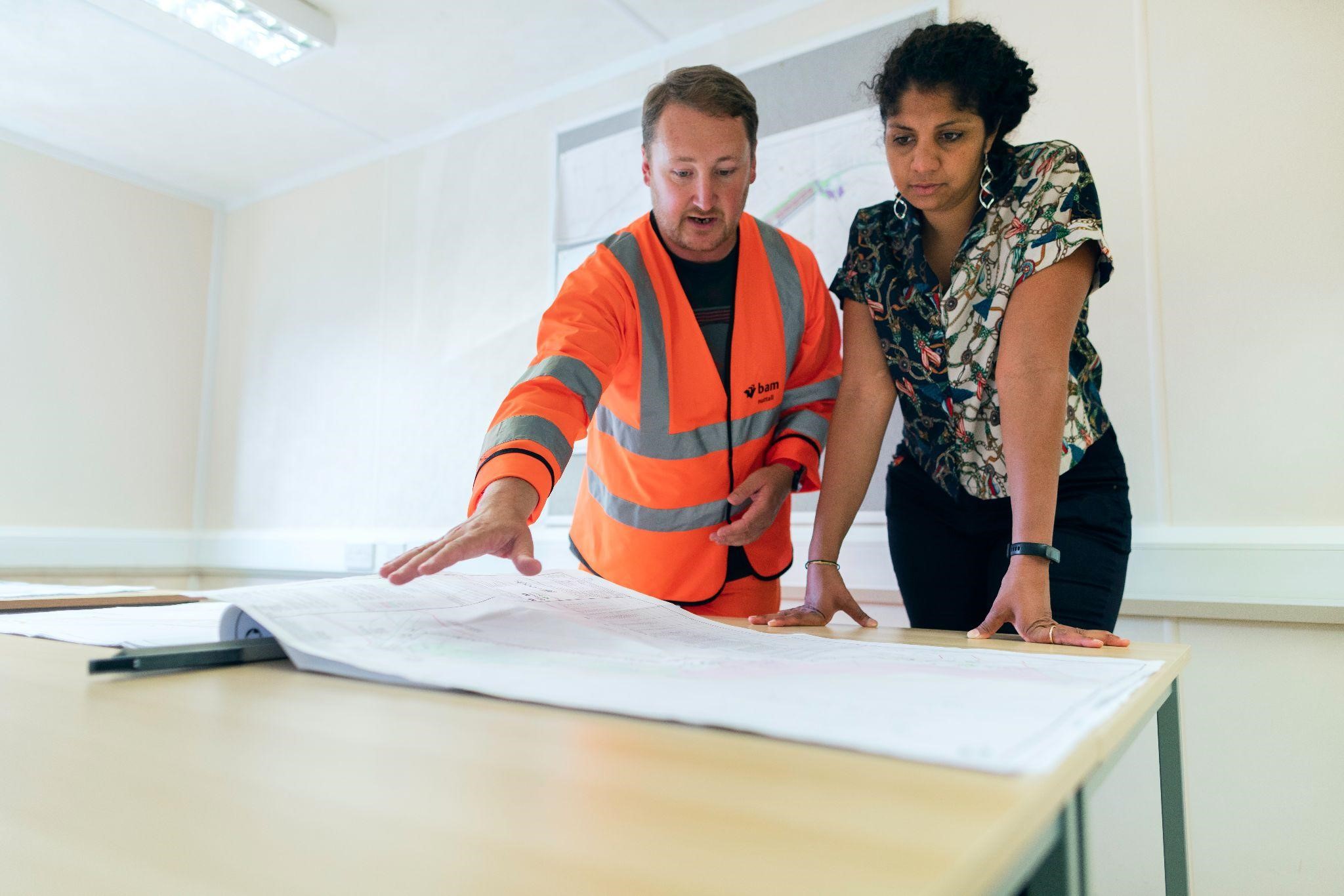Client relationships are essential for construction companies to build and maintain. With competition growing and expectations rising, construction companies are leveraging technology to provide better experiences and foster stronger connections with their clients. By enhancing communication, streamlining project management, and offering transparency, these businesses are turning to tech solutions to bridge the gap between themselves and those they serve. Here’s a closer look at six ways that technology is helping construction companies build better relationships with their clients.
Better Communication Throughout the Design Process
Effective communication is required for construction projects, and modern technology has made it easier for companies to keep clients informed at every step. One key area of focus is design communication, which is important to ensuring that the client’s vision aligns with the project’s outcome. By using advanced digital tools, construction firms can share detailed designs and 3D models with clients, allowing for real-time feedback and collaboration.
This approach minimizes misunderstandings and allows clients to see how their ideas are being translated into the final project. Not only does this improve the accuracy of the work being done, but it also makes clients feel more involved and valued throughout the process. As a result, construction companies can deliver results that more closely align with their clients’ expectations, strengthening trust and satisfaction.
Using Software to Foster Stronger Client Connections
For construction companies, the days of managing client information through spreadsheets and paper files are long gone. Today, many are turning to specialized software solutions like a construction CRM to keep track of interactions, streamline communications, and manage client data more effectively. A construction CRM allows contractors to manage project timelines, client preferences, and past interactions all in one place. This makes it easier to offer personalized updates and ensure that no detail is overlooked.
By integrating such software into their operations, companies can respond more quickly to client inquiries and maintain a history of interactions that helps anticipate client needs. In a world where responsiveness can make or break a deal, this technology helps build confidence and reinforces a sense of professionalism, making clients more likely to engage in future projects.
Virtual Walkthroughs and 3D Visualization
Gone are the days when clients had to wait until a project was well underway before seeing how it would come together. With virtual walkthroughs and 3D visualization, construction companies can offer clients a specialized sneak peek into the final product, before the first brick is laid. These tools allow clients to “walk” through their projects, providing a realistic sense of the space and the opportunity to make adjustments before construction begins.
By utilizing these visualization tools, construction companies can save time and different resources by identifying potential issues early in the design phase. For clients, this technology provides peace of mind, knowing that they can see the progress and make changes without waiting until the project is already in progress. It fosters a sense of involvement and transparency that makes clients feel like true partners in the project.
Project Management Platforms That Keep Clients in the Loop
Managing a construction project involves coordinating multiple teams, schedules, and deadlines. But today, digital project management platforms make it easier for companies to keep clients informed about the progress of their projects as part of good client relationships during construction. These platforms provide clients with access to timelines, budgets, and status updates, creating a single place where they can see how things are going.
By offering this transparency, construction companies can address client concerns more quickly and ensure that everyone is on the same page. Clients appreciate having the ability to monitor their project’s progress without needing to reach out constantly for updates. This transparency helps to build trust, as clients can see that their contractors are being upfront about timelines and costs. For the construction company, this also means fewer surprises, as clients are more likely to communicate potential issues before they become major setbacks.
Improved Customer Service With AI and Chatbots
Artificial intelligence (AI) and chatbots aren’t just for customer service in retail—they’re becoming valuable tools for construction companies as well. By implementing AI-powered chatbots, companies can answer client questions and provide support even outside of regular business hours. These chatbots can handle frequently asked questions, such as those related to timelines or material choices, giving clients instant access to information.
This level of responsiveness helps to improve the client experience, as clients appreciate being able to get faster answers without having to wait for a callback or email response. For construction companies, this technology helps to reduce the work on their customer service teams while still maintaining a high level of client satisfaction. It’s a win-win that allows companies to maintain a professional and attentive presence even when they’re not immediately available.

